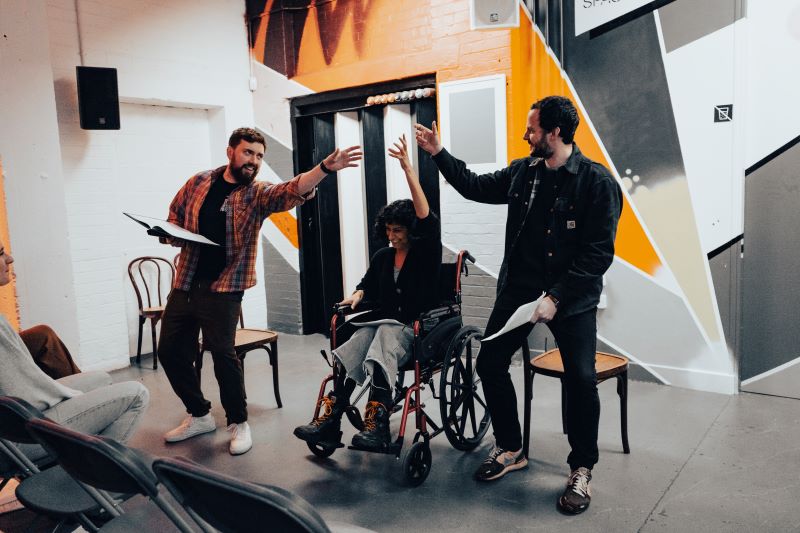Literary manager, Matthew May, writes about what a literary department does in an organisation like Middle Child and our plans for the next few years.
Middle Child are a new writing company. Writers and new plays are at the heart of what we do. That’s why in 2020 my job title changed, from artistic associate to Middle Child’s first literary manager.
Now we have a literary department, but what does that actually mean? And in particular, what does that mean when you work for a small NPO and your department consists of just you, working part time?
That’s what myself and Paul, our artistic director, have been trying to work out as we plan for the future.
This blog post is an attempt to explain that. It’s written for writers, because we love you and we want you to know what we’re doing, and why we’re doing it.
It contains an apology, but also a plan that we hope is honest, achievable and exciting.
This is what a Middle Child literary department aims to set out and do:
- Support the development of Middle Child productions
- Identify and form meaningful relationships with new writers who will work with Middle Child in the future
- Encourage and develop writers within Hull
I don’t think any of that is surprising, or ground-breaking, but I do think it helps for you to know what we’re trying to achieve and for us to say it out loud, so you can understand how we’ve made the decisions we have.
With that in mind, let’s get to the apology.
Open calls
For the past two years our website has said: “Following our 2020 open call out and subsequent launch of the Next Up associate writers programme we will not be accepting unsolicited scripts until Spring 2022. This is to ensure we are able to fully and fairly engage with writers and their work.”
Suddenly it’s spring 2022, which feels ridiculous, and so we should be putting out another call for scripts from writers we don’t know.
Sadly we’re no longer going to do this, and rather than subtly remove this from the website and hope that no one notices, I want to be up front about that.
Firstly, I want to say that hearing the reasons behind the decision and the programme we’re putting in place don’t make it any less frustrating if you’re a writer who wants to send us your work. I’m genuinely sorry.
You might well point out that just a few lines earlier I said that part of my job is identifying new writers.
These relationships need to be meaningful, though. We want to engage with you properly, actually chat with you and, hopefully, at some point make work with you.
And there’s the rub: right now, we don’t think we could do any of those things with the levels of care and attention we’d want to give, and that you would deserve.
Working part time means reading the work of, and responding to, the writers we already have relationships with, takes up most of my hours.
And as we make one new full-length show a year, there are a limited number of commissions that we have to offer.
The question we had to ask ourselves then was, if we couldn’t properly support you and we might never be able to commission you, why were we going to put a call out for more writers?
So, we’re not going to do that. Not right now, anyway.
We will at some point, because we really do want to meet new writers and hear new stories, but for now we are going to focus on how we can best support and provide opportunities to the writers we’ve already built relationships with, through previous open calls, writers groups and the work we’ve seen.
With that in mind, this is the programme we’ve put together for the next four years. We’re really excited about it and we think it gives writers a variety of meaningful ways to develop their work and get it seen.
Our programme
We will continue to work with Silent Uproar to commission two early career writers each year for our Out Loud scratch programme.
In Out Loud, we work with writers to develop an early draft of a script, which is then shared by professional actors in front of a small, friendly audience, over multiple nights in Hull.
This gives writers experience of staging their work without the high stakes of a full production, plus a framework to develop it further if they wish.
In fact, we have an Out Loud sharing coming up at Humber Street Gallery, but it’s sold out.
Concrete Retreat will return. This is an invited residency where four writers are paid to spend the week with us, developing individual ideas together as a group of peers, without any pressure to produce an outcome.

Writers’ Group sharing, February 2022. Photo by Simon Herring.
Our annual Writers’ Group will also continue, run by acclaimed playwright Tom Wells, who will guide a small group through the process of writing their first scenes. These will then be performed in front of an invited audience, as we did last month at Humber Street Gallery.
Raise Your Voice is our schools programme, supported by Creative Voice, in which professional writers mentor eight students across two secondary schools in Hull and help them write their first short play.
These will then be performed in front of an invited audience and we’re excited to share work from the first group of young writers in July.
Our Theatre Library will re-open this summer, making available a collection of over 2,000 plays free to residents of Hull and the East Riding.
The 1:1 Script Support sessions will continue, offering free dramaturgical support to local writers.
Finally we will continue to commission an amazing writer every year to create a new show.
We are already working with Ellen Brammar on a 2023 drag-farce-comedy-musical-play about the artist Elizabeth Thompson.
Then in 2024, Maureen Lennon will write about the intersection between romantic love, familial love and the patriarchy. Think Violence and Son meets a family wedding.
We’re yet to commission a writer for 2025, but they will be somebody with whom we already have a relationship.
We think this programme offers a clear route for writers to grow with Middle Child and is grounded in proven success over the previous five years.

Daniel Ward in The Canary and the Crow, 2019. Photo by The Other Richard.
Daniel Ward’s The Canary and the Crow grew out of a residency with us in 2018 and eventually earned him the George Devine Award.
Hannah Scorer and Chris Pearson are among our Writers’ Group alumni to progress into Out Loud.
Jay Mitra took part in our first Concrete Retreat, then wrote for our 2021 cabaret, we used to be closer than this and is now a member of our board.
Meanwhile associate writers Tabby Lamb and Natasha Brown have also written we used to be closer than this and Deborah Acheampong for our 2020 animated panto.
In total, of the 35 people we have paid to write something over the past five years, 26% received their first professional theatre contract, while 68% have been women and non-binary people and 29% from the global majority.
That’s what we think a Middle Child literary department should look like right now and we’re actually pretty proud of it. Considering the department is just me, we think we offer a lot.
That said, I am still very sorry if you were waiting for our open call and I really hope that if that is you, we’ll get to hear from you soon. Please don’t stop inviting us to your work – we genuinely love seeing work from writers we haven’t met before.
Like everything we do, this department will change and grow. It will also adapt in response to what writers need, so please do talk to us, and let us know where you feel the gaps are. We do love writers and we’re going to keep trying to prove it.
